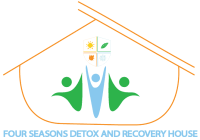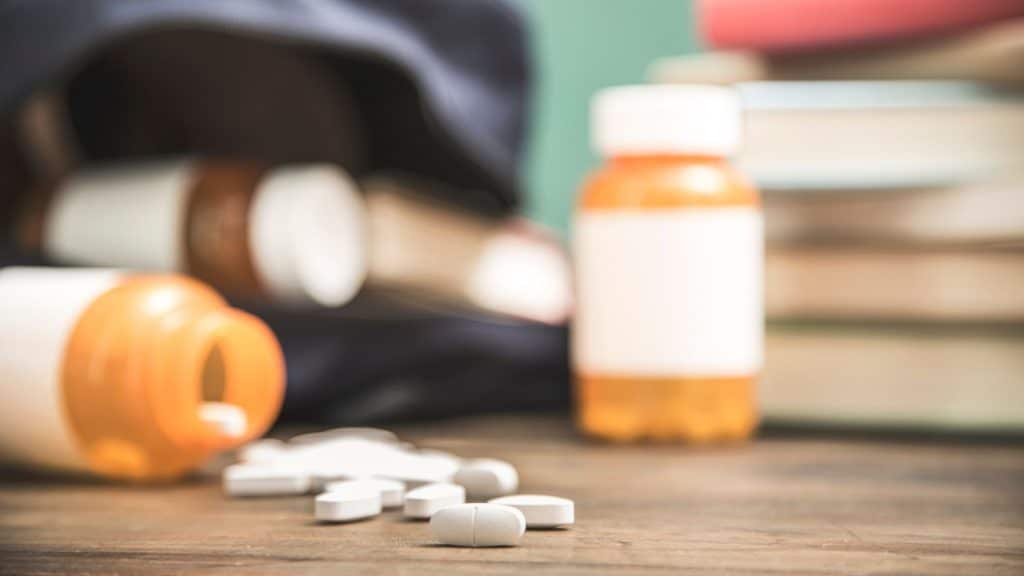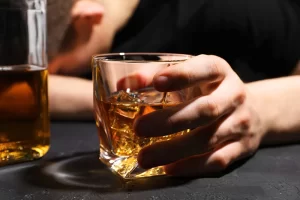Prescription drug abuse, also known as prescription drug misuse, can cause serious medical problems. Unfortunately, many people who abuse drugs would never consider themselves an addict or drug abusers.
Due to the potency of drugs, many individuals who have prescribed medications for physical or mental health reasons end up becoming addicted.
What is Prescription Drug Abuse?
Prescription drug abuse is the use of prescription medication in a way that was not intended by the prescriber. Misuse examples: taking higher doses without approval, using meds for accidental purposes, or taking others’ prescriptions.
The highly addictive nature of many prescription drugs leads people to abuse them and take them more often than prescribed.
Who Can Prescription Drug Abuse Affect?
Prescription drug abuse can affect both adults and teenagers. This can also involve mixing prescription drugs with street drugs.
Most Commonly Abused Prescription Drugs
Barbiturates, opioids, benzodiazepines, and stimulants are the most commonly abused prescribed drugs.
Opioids
Opioids are some of the most commonly abused prescription medications in the U.S. These can include fentanyl, morphine, oxycodone, Vicodin, and Demerol. Even just one dose of an opioid has the potential to result in death or addiction.
Barbiturates
Another very addictive type of prescription drug that is commonly abused is barbiturates. Typically treat anxiety, sleeping problems, and seizures; these specific drugs can include Fiorina, Pentothal, Seconal, Nembutal, and many others.
Benzodiazepines
These drugs can include Xanax, Valium, Klonopin, and many others that are prescribed as a sedative to help with anxiety, panic attacks, and sleep difficulties.
Stimulants
Doctors commonly prescribe, and people frequently abuse drugs that are stimulants. This can include (but is not limited to) Ritalin and Adderall. Using them over the long term and/or misusing them can cause paranoia, as well as stomach and heart problems.
What Causes Prescription Drug Abuse?
Prescription drug abuse can have many causes. As mentioned, the high potency and addictive nature of prescription drugs make it challenging to stop use once the medication is no longer required.
Doctors may prescribe drugs to help manage pain, including chronic pain and postoperative pain, as well as to alleviate symptoms of anxiety. Doctors might also prescribe medications to those who have experienced a traumatic event and are now suffering from psychological effects.
Others might begin taking prescription drugs to get high, feel more relaxed, reduce appetite, increase alertness and concentration, and prevent withdrawal.
What are the Signs and Symptoms of Prescription Drug Abuse?
The specific drugs used determine the signs and symptoms of prescription drug abuse.
Opioid Symptoms
- Nausea
- Drowsiness
- Confusion
- Lowered breathing rate
- Poor coordination
- Increased sensitivity to pain
- Among others
Anti-Anxiety Medications
- Drowsiness
- Slurred speech
- Difficulty walking
- Confusion
- Difficulty with memory
- Among others
Stimulants
- High blood pressure
- Lack of appetite
- Change in mood
- Increased alertness
- Anxiety
- Paranoia
- Among others
Additionally, when someone is abusing prescription medicines, they might sleep less, have dramatic changes in their behavior, take higher doses of their prescribed medication, develop a physical dependence on the drugs, and visit more than one doctor in an attempt to get multiple prescriptions.
What are the Risk Factors Associated with Abusing Prescription Drugs?
The following circumstances increase the risk of developing an addiction to prescription drugs:
- Doctors prescribing prescription drugs.
- Family history of substance abuse
- Having a previous drug addiction or currently having a drug addiction
- Having a mental health condition/mental health disorder
- Lack of information about the high level of addiction associated with prescription drugs.
How To Prevent Prescription Drug Abuse
Sometimes it might be necessary to receive a prescription for medications, especially for those struggling with a mental health disorder (such as anxiety) and for those who are recovering from surgery.
If you need to take a prescription medicine due to specific circumstances, there are a few steps you can take to reduce your risk of abusing the drugs. These include:
- Speak openly with your provider. If you ever feel like the medications aren’t working as they should or that you are becoming reliant on the drug(s), let your doctor know immediately. They might be able to lower your dosage or find an alternative solution for you.
- Always take the medication as prescribed. Never increase your dosage. Always speak with your doctor first. They will determine if a dosage increase is necessary.
- Avoid using anyone else’s prescription. Take only what your doctor prescribes for your specific needs.
- Taking someone else’s medications can increase your risk of addiction and health issues.
Get Prescription Drug Abuse Treatment Today
You do not need to go through recovery alone. At 4 Seasons Detox and Recovery, our treatment programs meet the needs of each of our patients. We will help you recover through therapy sessions, including detox, mental health services, and substance abuse post treatment care.



